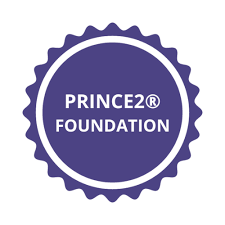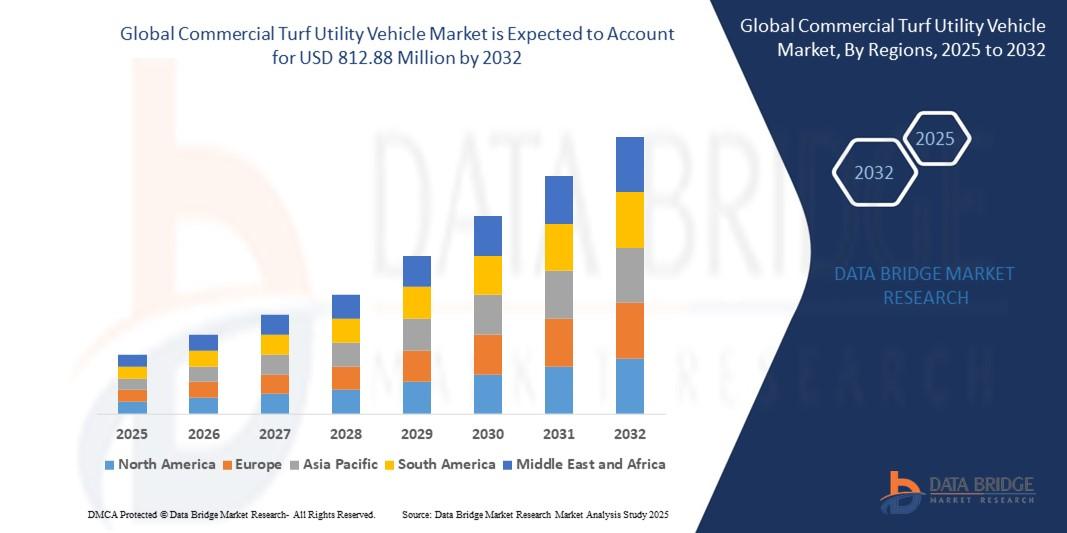What Is PRINCE2 and Why Does It Matter More Than Ever in Modern Project Management

In a world where organizations juggle remote teams, digital transformation initiatives, tighter deadlines, and mounting risks, project managers need more than intuition to succeed—they need a structured, proven methodology. That’s where PRINCE2 Foundation & Practitioner.
As one of the most widely adopted project management frameworks globally, PRINCE2 has helped organizations across industries deliver projects that are not only on time and within budget but also aligned with business objectives. With the complexities of modern work environments, PRINCE2 is proving more relevant than ever before.
What Is PRINCE2?
PRINCE2 is a process-based project management methodology that provides a structured approach to planning, managing, and delivering projects of any size or complexity.
- Origin: Initially developed by the UK government, PRINCE2 has now become a global standard.
- Core Concept: Projects are divided into manageable and controllable stages, ensuring continuous alignment with business goals.
- Flexibility: While structured, PRINCE2 can be tailored to fit projects across IT, construction, healthcare, finance, and more.
In essence, PRINCE2 ensures that every project has a clear business case, defined roles, and a framework for accountability.
The 7 Principles, Themes, and Processes of PRINCE2
What makes PRINCE2 unique is its foundation on seven guiding principles, seven themes, and seven processes, which together provide a holistic structure.
- Principles: Universal truths like “continued business justification” and “manage by stages.”
- Themes: Key aspects of project management such as business case, risk, planning, and progress.
- Processes: Defined steps from starting up a project to closing a project.
This triad creates consistency, fosters accountability, and reduces risks—qualities highly valued in today’s volatile business environment.
Why PRINCE2 Matters More Than Ever in Modern Project Management
1. Clarity in Complex Environments
With organizations managing multi-vendor ecosystems and hybrid teams, PRINCE2’s emphasis on clear roles and responsibilities eliminates ambiguity and enhances collaboration.
2. Risk Management as a Core
In a time of economic uncertainty and fast-changing markets, PRINCE2’s structured approach to risk identification and mitigation ensures projects stay resilient.
3. Adaptability Across Industries
Whether applied to digital transformation, product launches, or large-scale infrastructure projects, PRINCE2 offers flexibility while maintaining discipline.
4. Alignment with Business Value
PRINCE2 requires continuous business justification, ensuring that projects deliver measurable outcomes and are not just executed for execution’s sake.
5. Global Recognition and Employability
As organizations increasingly seek globally recognized certifications, PRINCE2 professionals are in high demand. For project managers, it’s a career-accelerator.
Real-World Application of PRINCE2
Imagine a global tech company rolling out a new cloud-based service across multiple regions. Without a structured framework, coordination could easily collapse under cultural differences, regulatory challenges, and shifting priorities. By applying PRINCE2:
- The business case keeps focus on customer value.
- The themes ensure risks, quality, and resources are proactively managed.
- The processes provide a roadmap from initiation to closure.
The result? A smoother rollout, measurable ROI, and reduced chances of project failure.
The Future of Project Management with PRINCE2
As businesses embrace AI, agile delivery models, and cross-functional collaboration, PRINCE2 continues to evolve. Its compatibility with Agile practices (through PRINCE2 Agile®) makes it even more powerful for modern contexts where adaptability is as important as structure.
Organizations are not just looking for project managers; they’re seeking value creators who can balance innovation with discipline. PRINCE2 equips professionals with that dual capability.







